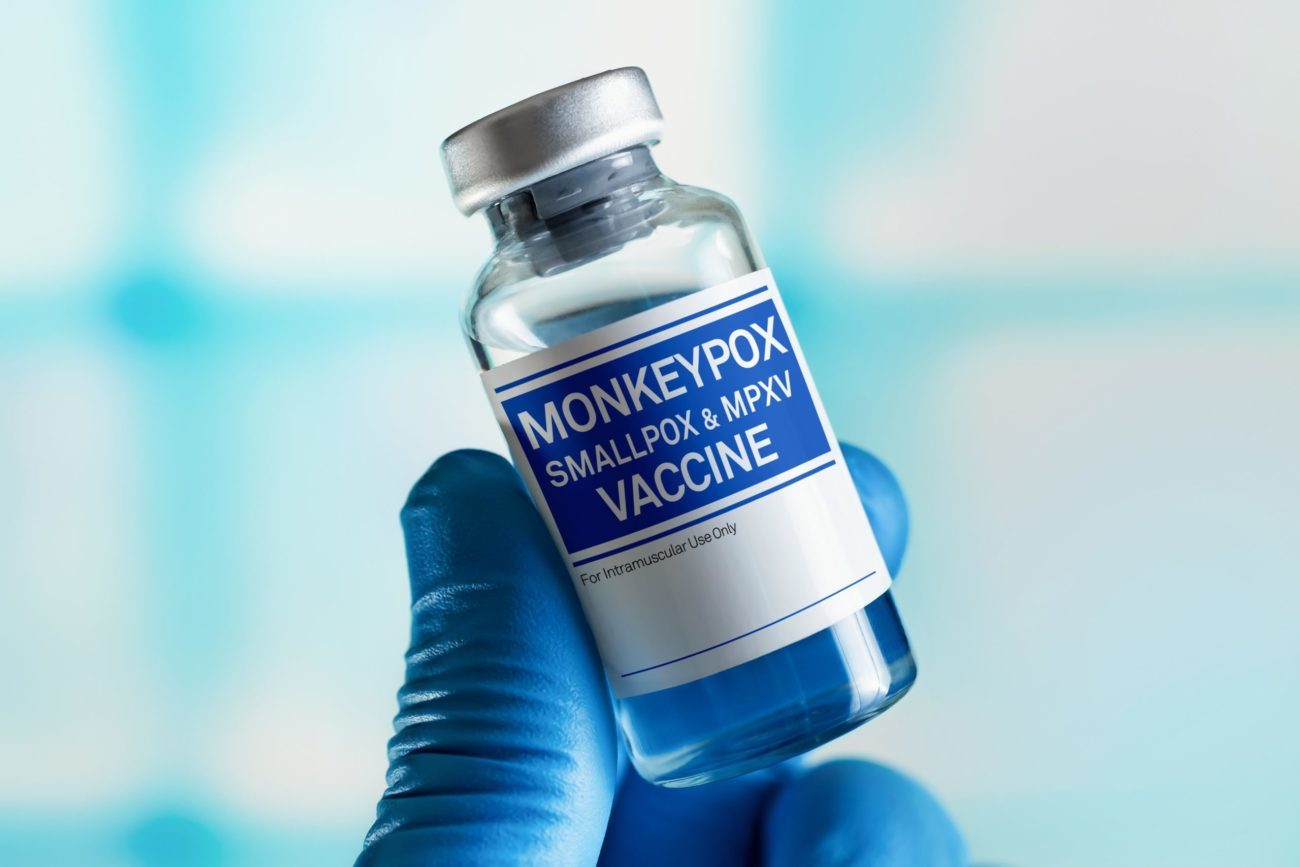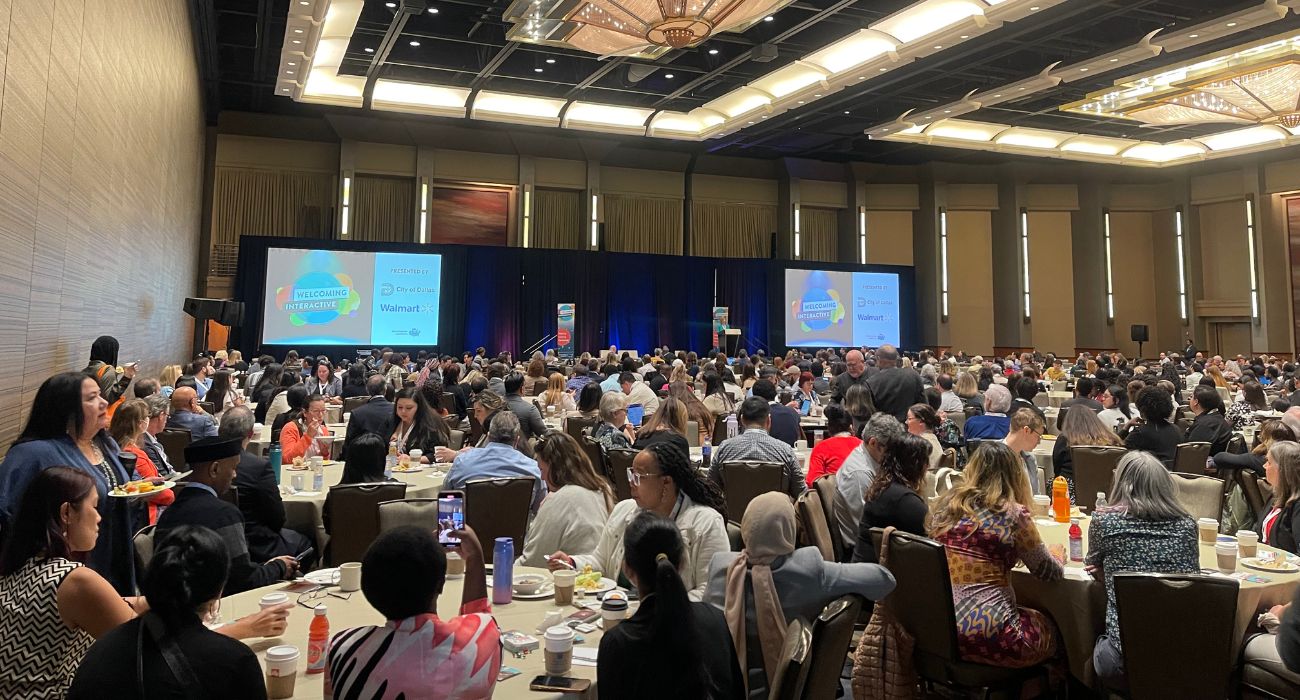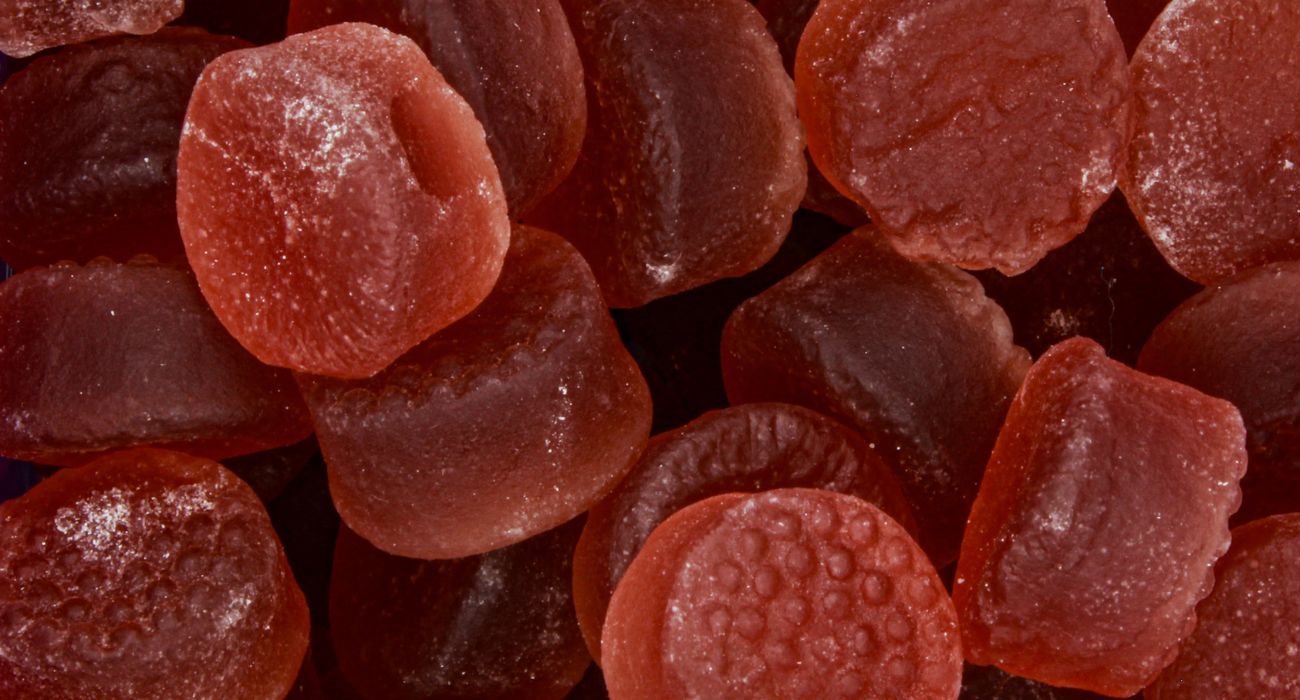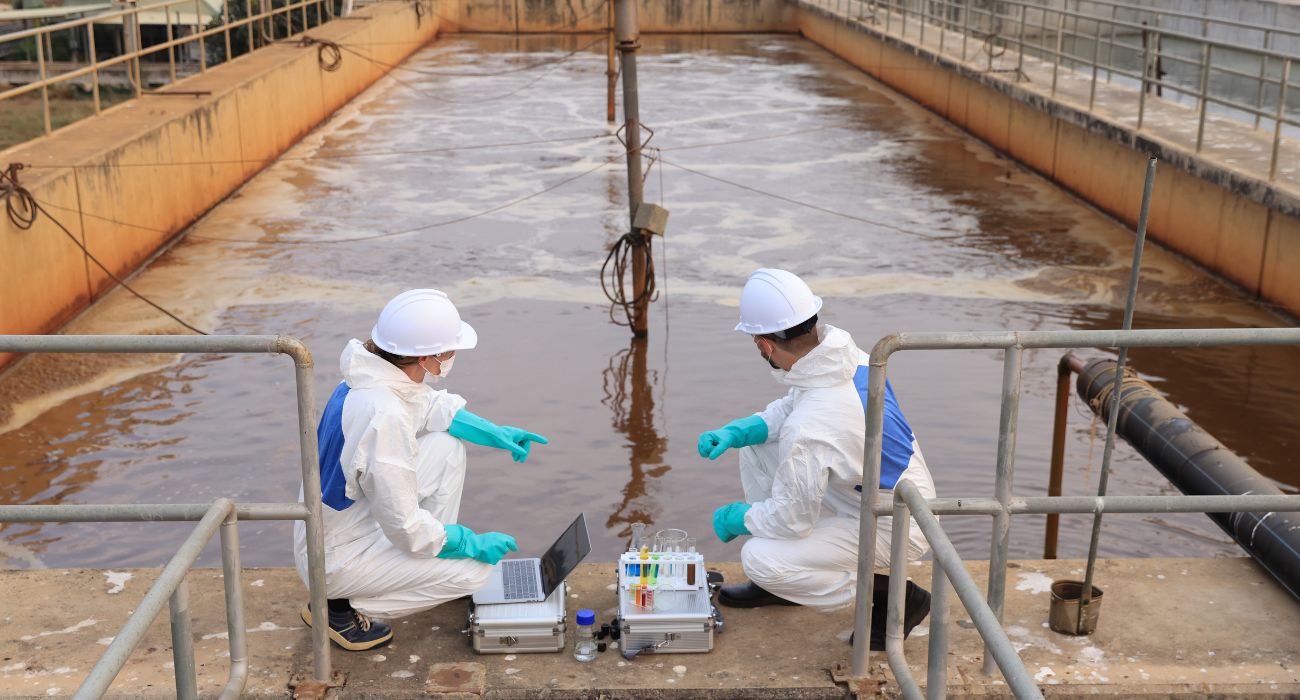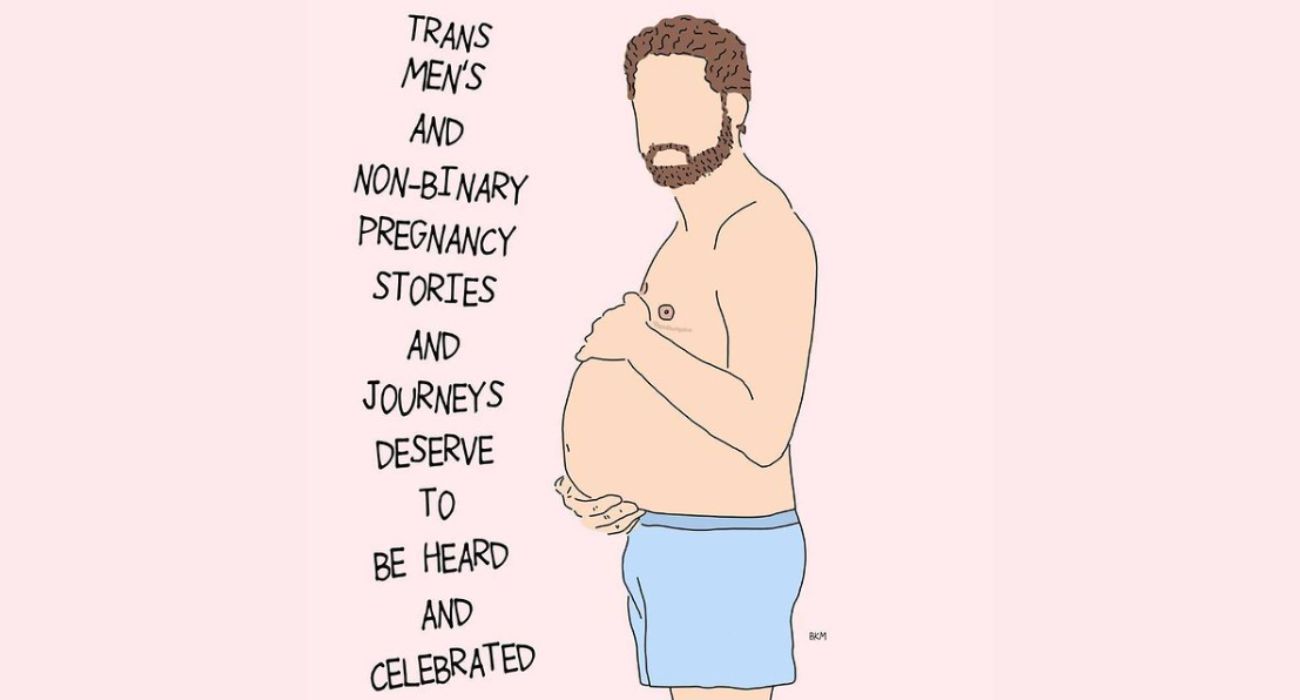The White House’s plan to expedite 2.5 million monkeypox vaccines by manufacturing them in the U.S. instead of Denmark and split the dose into five to expand access has garnered mixed reactions.
On Thursday, U.S. officials and Danish vaccine maker Bavarian Nordic announced a plan to expedite 2.5 million vials by moving some production to a Michigan-based company, Grand River Aseptic Manufacturing (GRAM).
Dawn O’Connell, head of the Administration for Strategic Preparedness and Response, whose parent agency is the U.S. Department of Health and Human Services, expressed concerns about the size of GRAM. She is considering “potentially working with a larger pharmaceutical company.”
Administration officials have approached Pfizer and Merck concerning vaccine manufacturing.
The first doses from the GRAM deal should arrive later this year, but to increase access to the vaccine in the meantime, the FDA also issued an emergency use authorization of the JYNNEOS vaccine to make existing supply stretch further.
This new method involves splitting the administration of the vaccine into five, using one-fifth of a vial in each dose, and injecting it intradermally (between layers of skin) rather than subcutaneously (into the fat layers beneath the skin).
Marcus Plescia, chief medical officer at the Association of State and Territorial Health Officials, stated that he had received calls concerning the rapidity with which they have changed vaccine injection practices, as there is not much data yet on the new method’s effectiveness or safety.
One study cited by the FDA, suggests that the results for subcutaneous and intradermal shots are “quite comparable” at creating antibodies.
The skin contains specialized defensive cells that help transport vaccines to other parts of the body’s immune system, “so you can use a smaller dose [intradermally] and get similar responses” to a full dose administered subcutaneously, said Jacinda Abdul-Mutakabbir, a pharmacist at Loma Linda University, in California.
But whether injected between the layers of skin or the layers of fat, researchers do not currently have a strong sense of how well the vaccine guards against monkeypox or how long its protection lasts.
Lab data from several previous animal studies suggested “80-100% of JYNNEOS-vaccinated animals survived compared to 0-40% of control animals” that did not receive the vaccine.
However, Mark Slifka, a vaccinologist at Oregon Health & Science University said he does not “necessarily trust making the clinical decisions” based just on animal studies.
A human study in the Congo has not yet returned results.
Additionally, a June 2021 vaccine summary from the FDA noted, “Safety and effectiveness of JYNNEOS have not been established in individuals less than 18 years of age.”
Johns Hopkins University & Medicine explained vaccine development typically “takes five to 10 years, and sometimes longer.” It takes time to “assess whether the vaccine is safe and efficacious in clinical trials, complete the regulatory approval processes, and manufacture a sufficient quantity of vaccine doses for widespread distribution.”
Still, some are embracing the new method of injection.
David Holland, chief clinical officer for the Fulton County board of health in Georgia, said, “It’s the only way that we can get enough vaccine to people to eliminate this outbreak.”
But researchers at a New York-based LGBTQ-led group called Rapid Epidemiologic Study of Prevalence, Networks, and Demographics of Monkeypox Infection (RSPND-MI), claimed that switching to intradermally injecting a lowered dose negatively affects those who have not already received the vaccine.
The RSPND-MI team suggested that a mixed-dosing strategy — in which a full dose of the vaccine is administered subcutaneously and the second, fractional dose administered intradermally — could expand access to the vaccine by stretching the doses but provide a more effective defense against the virus.
Due to the demand and scarcity of the vaccine, doses are currently being restricted by health officials to ensure the most at-risk groups can access them.
Dallas County has slowly expanded the parameters for who is eligible for the vaccine. Currently, it is still available only to “high-risk” individuals, identified as:
- those who have had close contact with someone who tested positive for monkeypox,
- men and transgender women who have sex with men and have had multiple anonymous partners in the past two weeks, and
- men who have sex with men and meet their partners through social media apps or at parties and bars.
Approximately 1.6 million Americans make up the high-risk category, comprising 0.48% of the total U.S. population of 338.3 million. There have been 14,000 cases in the U.S. but no deaths.

